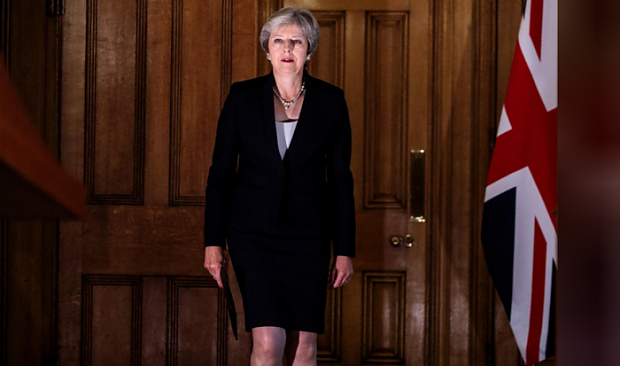Dangerous tunnel vision surrounds Brexit
Dangerous tunnel vision surrounds Brexit

In my weeklogs I rarely react to other columns, but the one published this week by the daily newspaper NRC and written by their columnist Caroline de Gruyter cannot go unchallenged. She argues that the internal market is not negotiable, because otherwise there would be a falling out amongst member states over unfair advantages given to their own businesses, citing the requirements imposed on goods and services. Not a word about the internal market's victims, the workers and one-person businesses played off against each other. The need for an emergency brake when things start to run away from you is something De Gruyter simply doesn't understand. Rather an unbending EU, an EU which will defend the internal market with fire and sword to the last ditch, than a deal with the UK. Because of this, the chance of a hard Brexit grows by the day. Then the member states will be able to really get stuck in: on the other side of the North Sea raw capitalism will have free rein, with once again the workers and small businesses as the principal victims.
On 16th October research revealed that in nine member states the number of detached workers – those employed in one country to work in another – has risen by 50% in five years to reach 2.3 million. This is precisely the group that is most vulnerable. Even if they receive equal pay for equal work done in the same location, it still means that their social payments and pension contributions are calculated according to the norms in the country in which their employer is based, which is virtually always a low wage country. In this way workers are forced to become each other's competitors and what you get is a race to the minimum. And during a meeting organised by the Salvation Army in the European Parliament last week, I witnessed the appalling situation in which hundreds of Poles find themselves in the Netherlands, working in the building trades and victims of people-smuggling. This is modern slavery made possible in part by our open borders. That's the reality of the internal market in 2018.
If anything good is coming out of the Brexit negotiations, then it is that the question of why free movement of workers and service-providers is causing problems for most people. What's needed is to build on the promise made to the British Prime Minister at the time of the Brexit referendum campaign, David Cameron, that member states would be able to apply the emergency brakes and regulate immigration from other members states should it become excessive. But no, according to De Gruyter, the internal market is sacred. This makes the chance of a hard Brexit greater by the day. The British will then be free, but with a Tory government this means freedom once more to build competitiveness on the backs of the workers and small businesses. We had Thatcher, and now we have May and all those other right-wing Brexiteers. In writing such a column, De Gruyter is taking enormous risks, because with such an extreme example of raw capitalism on its doorstep, the EU will have to defend its competitive position by further economising on the cost of labour. In my view what De Gruyter is advocating has led her towards an extremely dark tunnel vision.
- See also:
- Dennis de Jong
